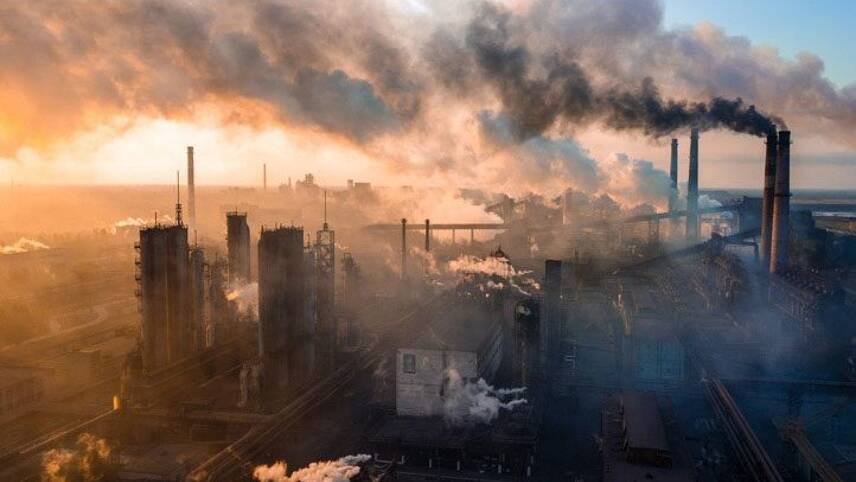Register for free and continue reading
Join our growing army of changemakers and get unlimited access to our premium content

According to the paper
In a new discussion paper published today (6 July), the Alliance sets out its vision for transforming global carbon pricing mechanisms in line with the Paris Agreement’s 1.5C trajectory. The Intergovernmental Panel on Climate Change (IPCC) has stated that the world will have the best chance of delivering this aim if net global emissions are halved by 2030 and brought to zero by 2050.
The discussion paper argues the case for nations collaborating on a carbon pricing “floor” and “ceiling”, to discourage prices that are too low to incentivise a shift to low-carbon technologies while also ensuring that carbon markets remain attractive. The “floor”, the paper states, should reach $147 per tonne of CO2e by the early 2030s, as per previous research from the OECD.
In contrast, the EU’s Emissions Trading System (ETS) has seen an average price of $59 per tonne since May. This is a new high for the bloc, which hosts the world’s largest ETS with a carbon price floor of $13. The UK’s domestic ETS, launched post-Brexit, has also seen similar prices.
While the difference between current EU and UK carbon prices and those recommended by the Alliance is steep, it will be steeper still for almost all other geographies. As of 2019, the global average carbon price was around $25, according to Carbon Brief.
The Alliance’s paper additionally calls for all nations and regions without an ETS to launch one as a matter of urgency, aligning them with legally binding net-zero targets and interim emissions reduction milestones.
Refinitiv’s annual Carbon Market Year in Review found that emissions covered by trading schemes were valued at €229bn in 2020, a figure more than five times greater than levels recorded in 2017. Yet, according to the Alliance, some 80% of global annual emissions are not yet covered by carbon pricing mechanisms. This figure covers trading schemes as well as taxes.
But it cautions against unambitious carbon budgets as a means to launch or expand ETSs. All nations should, the report states, accept carbon budgets with tighter restrictions, lest the world fails to mitigate the worst impact of climate change. The UK has notably enshrined the Climate Change Committee’s (CCC) advice on the Sixth Carbon Budget into law but remains on course to breach the fifth.
The chair of the Net-Zero Asset Owner Alliance’s steering group Dr Gunther Thallinger said: “Non-regressive and revenue-neutral carbon-pricing instruments – harmonised across borders – will not only unleash massive investment in renewable power systems globally but boost sectors from construction to cars which are in urgent need of transition.”
The report comes in the same week that the Taskforce on Scaling Voluntary Carbon Markets – an initiative set up by Mark Carney in the hopes of helping businesses access the credible offsets they need to reach net-zero – is due to publish an update on the creation of a market governance body.
Sustainable Business Covered podcast: What role do carbon markets and pricing play in the net-zero transition?
Readers interested in the carbon markets conversation are encouraged to stream edie’s recent Sustainable Business Covered podcast episode focusing on that topic.
The episode features exclusive interviews with the Taskforce on Scaling Voluntary Carbon Markets’ Chris Leeds and Lord Barker of Battle, former UK Energy and Climate Minister and current chairman of aluminium and hydropower conglomerate EN+ Group. Lord Barker speaks in his new role as co-chair of The World Bank’s Carbon Pricing Leadership Coalition.
You can stream that episode on the edie Soundcloud, Spotify or iTunes, or by clicking here.
Sarah George


Please login or Register to leave a comment.